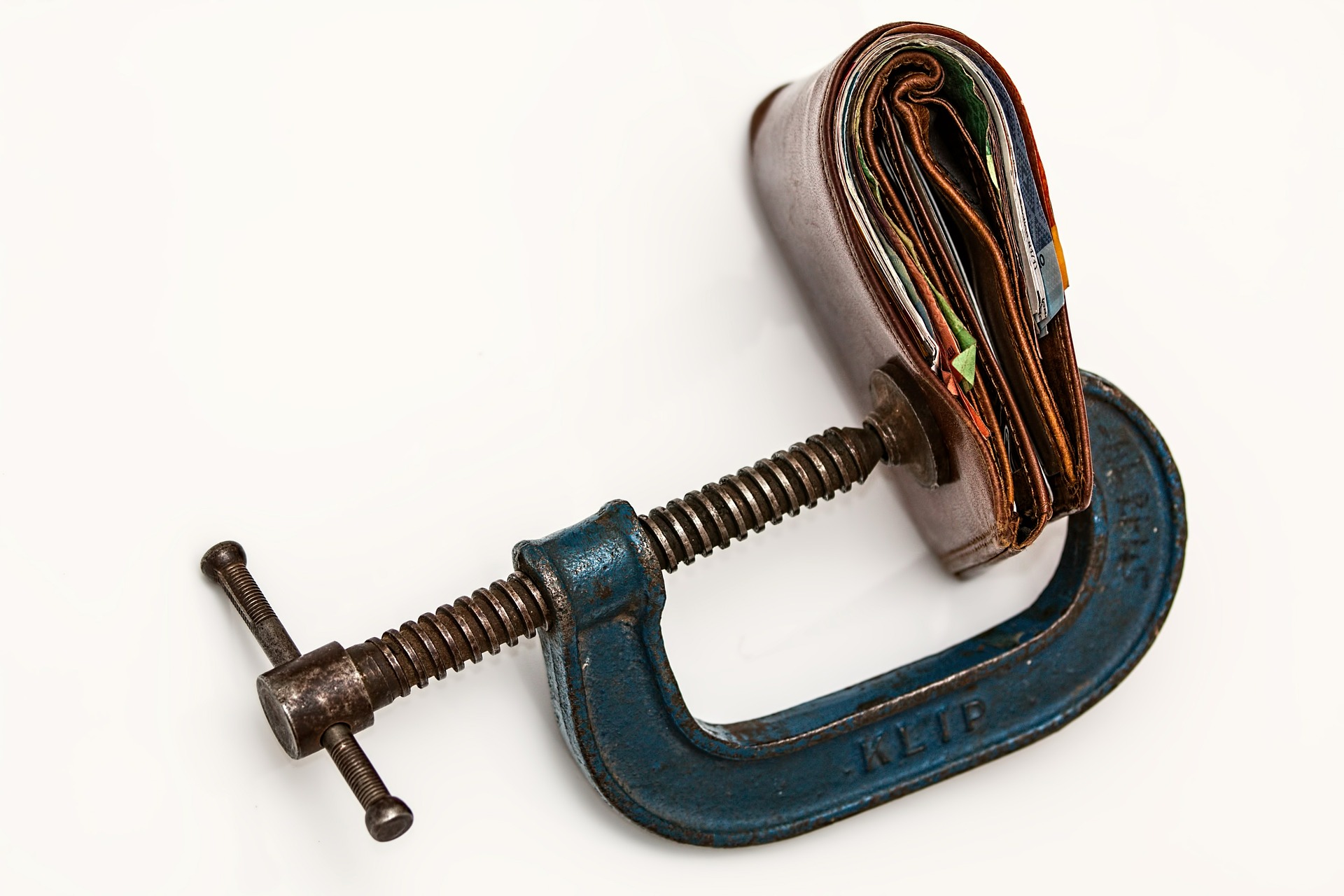 Dealing with the financial burden of debt can be suffocating, especially when you don’t know where to turn for relief. You may be struggling to make monthly payments from a recent divorce, medical bills, or the recent loss of a job.
Dealing with the financial burden of debt can be suffocating, especially when you don’t know where to turn for relief. You may be struggling to make monthly payments from a recent divorce, medical bills, or the recent loss of a job.
No matter the reason, there are systems in place that can give you relief and get your life back on track. The only question is, which option is right for you?
Table of Contents
Debt Settlement
If debt collection agencies won’t get off your back, you may want to consider negotiating a settlement. Debt settlements can be an alternative to filing for bankruptcy since it allows you to negotiate with the creditor to pay less than the total amount owed.
Pros of Debt Settlement
Assuming this is appropriate for your financial situation, debt settlement can be beneficial for multiple reasons. These reasons include:
- Settling your debt for less than owed initially
- Keeping your assets
- No more calls from creditors
- Avoiding legal issues
- Ability to save up a lump sum to make an offer
- No need to qualify
The main benefit to focus on here is the ability to make an offer less than what you owe. If the full amount is not attainable, you can save up enough money so that your creditors will consider a payment lower than the original balance. However, this lump sum payment will require you to have a steady income.
Having a steady income is one indication that a debt settlement is the right choice for you; however, you should consult a professional before taking action.
Cons of Debt Settlement
Although a debt settlement sounds like a gift from above, remember, there is no such thing as a free lunch. Therefore, you need to consider the following:
- Missed payments and late fees
- Debt settlement company fees
- It could take up to 3-4 years
- Requires steady income
- Drops credit score due to not paying the full amount
Missed Payments and Accrued Fees
To provide further context on the fees that will be accrued, it’s important to note that you will have to intentionally miss payments while negotiations for your settlement take place.
Creditors must believe that you are truly experiencing financial hardship before they agree to negotiate. Keep in mind that late fees and fees to your debt settlement company will be hard to maintain if you don’t have a steady income.
Furthermore, these fees will build up over the years as this process takes place. If you do not have an income steady enough to withstand these fees, a debt settlement may not be the best decision financially.
Bankruptcy
According to USCourts.gov, a total of 772,646 bankruptcies were filed in 2019. This supports the theory that filing for bankruptcy is the next best alternative to resolve your debt if you can’t settle your debts. This may be a better option for you depending on your financial situation.
Before we review the pros and cons, let’s discuss the two most common forms of personal bankruptcy.
#1 – Chapter 7 Bankruptcy
Chapter 7 bankruptcy is for debtors who have little to no income to pay for their debt, and it’s the most common form of consumer bankruptcy. Of the total bankruptcy filings in 2019, more than half were chapter 7.
During a chapter 7 bankruptcy, an individual’s non-exempt assets will be liquidated to pay back debts. This allows you to essentially have your debts taken care of, giving you a fresh start. Keep in mind, though, the definition of exempt and non-exempt property that will be liquidated depends on your state.
#2 – Chapter 13 Bankruptcy
If you have a steadier income, you should consider Chapter 13 bankruptcy. Chapter 13 bankruptcies will create a payment plan to repay all or some of your debts within 3 to 5 years. This reorganizes your debts into what will be paid and what will be discharged.
Pros of Bankruptcy
Bankruptcy can have a harsh stigma attached to it; however, it may be a more reasonable choice for you, depending on your financial situation.
Chapter 7 Bankruptcy Pros
Let’s first discuss the benefits involved with a chapter 7 bankruptcy. These benefits include:
- Faster resolution (three to six months)
- No more collection calls
- Prevent lawsuits
- Avoid the fees of a settlement company
Chapter 13 Bankruptcy Pros
Although chapter 13 bankruptcy is less common, there are some pros to consider if you find yourself in this situation. These include:
- Opportunity to discharge debt
- Set plan to pay off debt
- Debts can be settled in a 3–5-year period
- Ability to keep assets
Bankruptcy can be a lot like ripping off a band-aid. Although chapter 7 seems like a tough decision to make, you will avoid the drawn-out process of negotiating a settlement. You can have your assets liquidated and the proceeds can go toward your debt. Case closed and you can get back to working toward financial freedom.
Cons of Bankruptcy
Be aware that bankruptcy can leave a mark that stays with you for quite some time. Although it may be a better decision for you financially, it impacts your future. Bankruptcy and life insurance can cause problems, including an increase in rates for many years. There are also many other problems you may face.
The negative impacts associated with bankruptcy include:
- Trouble receiving insurance
- Trouble finding a job
- Viewable to the public
- Low credit score
- You must qualify before filing
Most of these negative impacts are due to the stain that bankruptcy leaves on your credit report. Furthermore, anyone with a PACER (Public Access to Court Electronic Records) account will be able to view your credit history.
That includes potential employers and auto insurers. Understanding the cost involved with this decision can help you make the best choice.
Choosing the Option Right for You
Everyone has a different story; however, assessing the pros and cons of different forms of debt relief will help you decide which camp you reside in. Debt settlement will require you to have a steady income contributing to your budget and afford a long negotiation process, including continual fees. However, it allows you to settle your debts for less than what you owe.
On the other hand, bankruptcy offers a quicker process that can end collection calls and prevent lawsuits associated with unpaid debt. However, it can also damage your reputation and limit opportunities in the future.
There is no one decision that is better than the other. It is all dependent on many circumstances and which option may be better for you.


